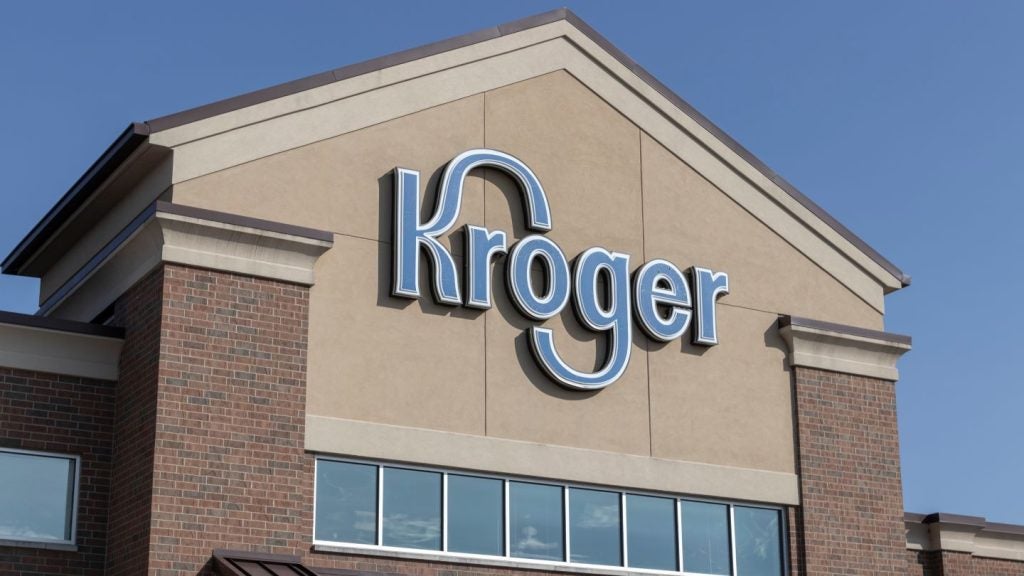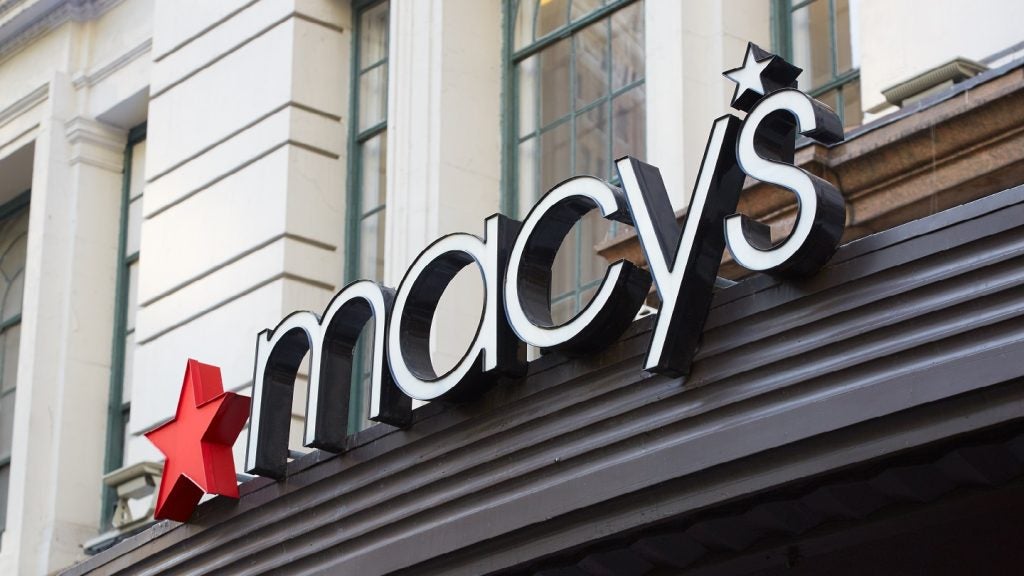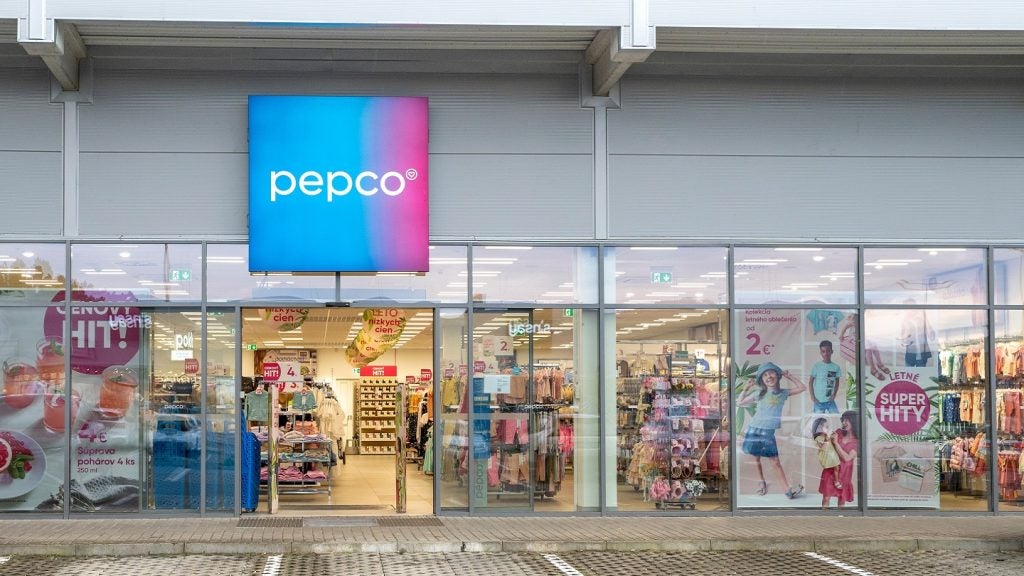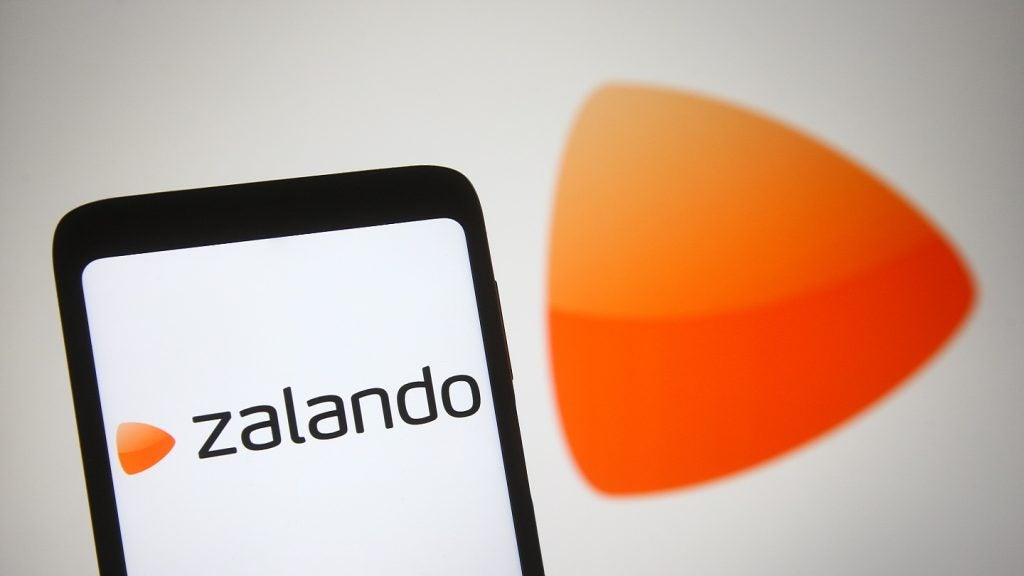Kroger is “reviewing its options” after US courts blocked its $25bn merger with fellow retailer Albertsons, citing concerns over market consolidation in the grocery industry.
A preliminary injunction was granted by US District Judge Adrienne Nelson in Oregon in a lawsuit brought by the US Federal Trade Commission (FTC).
In her ruling, Nelson said “qualitative and quantitative evidence shows” Kroger and Albertsons “engage in substantial head-to-head competition and the proposed merger would remove that competition”.
The judge added the merger “is likely to lead to unilateral competitive effects and is presumptively unlawful”.
In a separate ruling, Judge Marshall Ferguson in Seattle issued a permanent injunction against the merger in Washington state.
A spokesperson said Kroger is “disappointed” by the rulings and added the retailer “is currently reviewing its options”.
In a statement, FTC representative Douglas Farrar said: “Today's win protects competition in the grocery market, which will prevent prices from rising even more.”
The ruling temporarily halts the merger, allowing the FTC to conduct administrative proceedings that will decide its final outcome.
Peter Lurie, president of consumer advocacy group Center for Science in the Public Interest encouraged the US government "to maintain its position and ensure that the merger never comes to fruition”.
Kroger and Albertsons had proposed the merger in 2022, a deal that would have created the second-largest food retailer in the US, with combined sales of over $200bn.
The companies argued the merger would enhance their ability to compete with major retailers like Walmart, Costco, and Amazon.
Neil Saunders, a retail analyst at GlobalData, Just Food's parent, said: “With grocery volumes under intense pressure and price competition increasing, organic growth is becoming much harder to come by. That is why the creation of a larger-scale grocery player made sense, at least on paper.”
However, the FTC filed a lawsuit in February, requesting the court to block the deal until an in-house administrative judge at the FTC could review the transaction.
Attorneys general from several states, including Arizona, California and Illinois joined the FTC's lawsuit.
The regulator expressed concerns the merger would give the combined entity “more leverage to impose sub-par terms” on employees and lead to higher grocery prices for consumers.
To secure regulatory approval, the companies planned to sell over 400 stores to C&S Wholesale Grocers.
However, the FTC deemed this proposal inadequate, describing it as a “hodgepodge of unconnected stores, banners, brands, and other assets”.
“Kroger will now need to double down on its efforts to invest in its core business – something it has been struggling with of late. Albertsons has a reasonable track record of growth but, as a smaller player, it needs to set out how it intends to grow and scale as it perhaps waits to find another buyer,” Saunders added.















